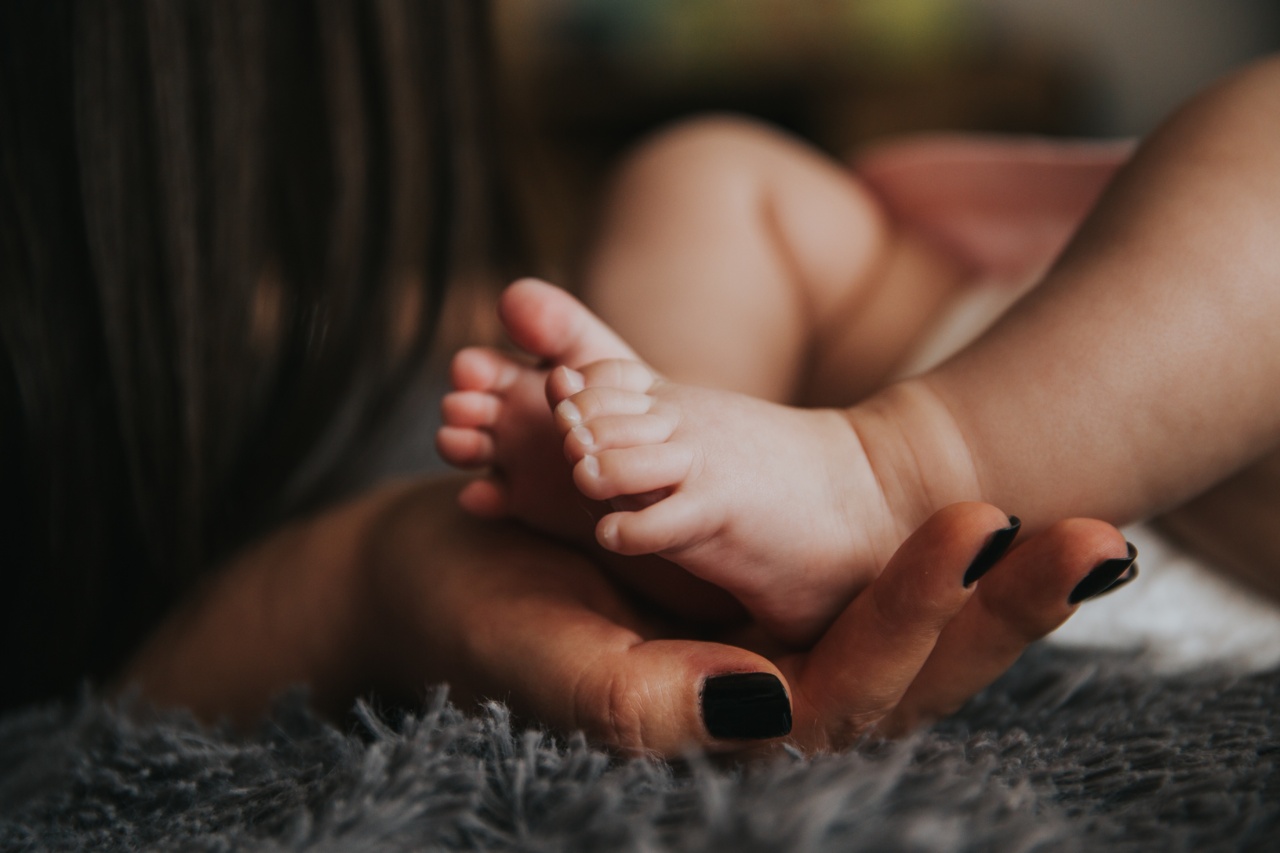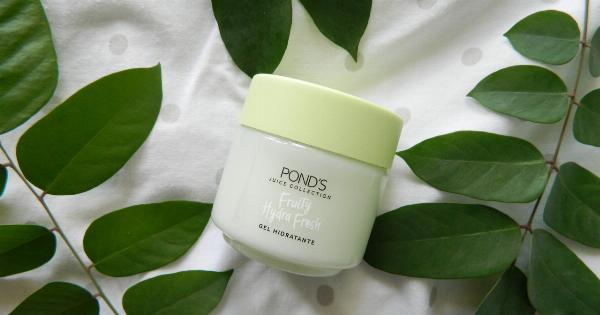Acne is a common skin condition that affects people of all ages, including children and teenagers. If your child is experiencing acne, it is essential to provide them with the right care and treatment to help manage their condition effectively.
This article will guide you on how to care for your child’s acne-prone skin and give them the best chance at achieving clear and healthy skin.
Understanding acne in children
Acne is a skin condition that occurs when the hair follicles become clogged with oil and dead skin cells. The excess oil production is often triggered by hormonal changes during puberty, but it can also affect younger children.
Acne commonly appears on the face, neck, chest, back, and shoulders. It can range from mild to severe, and if left untreated, it may lead to scarring and emotional distress.
Establishing a good skincare routine
A good skincare routine is crucial in managing acne-prone skin. Teach your child the importance of taking care of their skin and make it a daily habit. Here are some essential steps to include in their skincare routine:.
1. Cleansing
Encourage your child to cleanse their face gently twice a day using a mild, non-comedogenic cleanser. Non-comedogenic products are specifically designed not to clog pores.
Avoid harsh soaps or scrubbing aggressively, as this can irritate the skin and worsen acne.
2. Moisturizing
Contrary to popular belief, moisturizing is essential even for acne-prone skin. Look for oil-free and non-comedogenic moisturizers that will hydrate the skin without clogging pores.
Moisturizing helps maintain the skin’s natural barrier and prevents excessive dryness.
3. Sun protection
Ensure your child understands the importance of protecting their skin from the sun. Sun exposure may temporarily improve acne, but it can lead to long-term damage and worsen acne in the long run.
Teach them to apply a broad-spectrum sunscreen with at least SPF 30 and to wear protective clothing when spending time outdoors.
4. Avoiding picking or squeezing
Stress the importance of avoiding picking or squeezing acne. Popping pimples may lead to further inflammation, infection, and scarring. Teach your child to keep their hands away from their face and use acne treatments instead.
Introducing acne treatments
In addition to a regular skincare routine, there are various acne treatments available to help manage your child’s acne-prone skin.
It’s essential to consult a dermatologist or pediatrician to determine the most suitable treatment for your child. The following treatments are commonly used for children with acne:.
1. Topical treatments
Topical treatments come in the form of creams, gels, or lotions that are applied directly to the skin.
These treatments typically contain ingredients like benzoyl peroxide, salicylic acid, or retinoids to help unclog pores, reduce inflammation, and prevent new acne formation. Follow the instructions provided and be consistent with the application for optimal results.
2. Oral medications
In severe cases, when topical treatments are not sufficient, oral medications might be prescribed. Antibiotics, such as tetracycline or erythromycin, may be necessary to control the bacteria causing acne.
Isotretinoin, a potent oral medication, is reserved for severe cystic acne but requires close monitoring due to its potential side effects.
3. Professional procedures
For stubborn and severe acne, your child’s dermatologist may recommend professional procedures such as chemical peels, microdermabrasion, or laser therapy.
These procedures can help exfoliate the skin, reduce acne scars, and promote overall skin rejuvenation. However, they should only be performed by qualified professionals.
Encourage healthy lifestyle habits
Besides skincare and acne treatments, adopting healthy lifestyle habits can also contribute to managing acne-prone skin. Teach your child these essential habits:.
1. Balanced diet
Encourage your child to consume a balanced diet rich in fruits, vegetables, lean proteins, and whole grains. Avoid excessive consumption of sugary and greasy foods as they may contribute to acne flare-ups.
Ensuring they are well-nourished promotes overall skin health.
2. Regular exercise
Engaging in regular physical activity helps improve blood circulation and reduces stress levels. Stress can trigger acne breakouts, so encourage your child to find activities they enjoy and incorporate exercise into their routine.
3. Sufficient sleep
Proper sleep is crucial for healthy skin. Lack of sleep can increase stress levels and compromise the immune system, leading to worsened acne.
Ensure your child gets enough sleep for their age to support their overall well-being, including their skin health.
4. Stress management
Excess stress can aggravate acne, so teach your child stress-management techniques such as deep breathing exercises, meditation, or engaging in hobbies they enjoy.
Encourage open communication and provide a supportive environment to help them cope with daily stressors.
When to seek professional help
While mild acne can often be managed with over-the-counter products and lifestyle modifications, it’s important to know when to seek professional help. Consider consulting a dermatologist or pediatrician if:.
1. The acne is severe or getting worse
If your child’s acne is severe, causing pain or discomfort, or impacting their self-esteem, it’s time to consult a professional.
Severe acne may require stronger medications or alternative treatments to prevent scarring and improve their quality of life.
2. Over-the-counter treatments aren’t effective
If your child has been consistently using over-the-counter acne treatments recommended for their age group, but their acne persists or worsens, a dermatologist can provide a more targeted approach and prescribe stronger medications if necessary.
3. Emotional distress
Acne can significantly impact a child’s self-confidence and emotional well-being. If your child is experiencing significant distress or exhibiting signs of anxiety or depression due to their acne, seeking professional help is essential.
A dermatologist can offer appropriate treatments and support for both the physical and emotional aspects of acne management.
Conclusion
Caring for your child’s acne-prone skin requires a comprehensive approach involving a consistent skincare routine, appropriate acne treatments, and healthy lifestyle habits.
By educating your child about their skin condition and providing the necessary support, you can help them manage their acne effectively and promote their overall well-being.



























